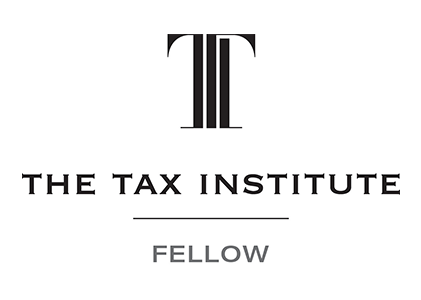Selling a property that may have been used for mixed rental and residence purposes has a lot of capital gain tax (CGT) issues - and some of these also involve exercising good judgement as to how to best use the relevant CGT concessions. By way of example, if you retain your original home and rent it after you have purchased your new home, you will have to make a decision about whether you want to retain a full CGT exemption on the original home (or maximize it, at least) or whether you want the full exemption to apply to the new home. (But there are also ways that you can, in effect, have your cake and eat it too!)
On the other hand, where you rent a property first and then afterwards live in it, then various concessions that may help reduce your CGT liability may not be available. Further, there are important CGT rules and concessions that apply to a home that has been used for such mixed use where the owner dies and then it is later sold by beneficiaries. These can be complex, but if applied with good planning can have (very) good outcomes.
Interestingly the tax concession that cost the government the most in foregone revenue in most financial years is the CGT discount applying to a partial exemption on a home!
 So, if you are in this position - or even thinking of buying a property that may be used for this mixed purpose - come and have a chat to us.
So, if you are in this position - or even thinking of buying a property that may be used for this mixed purpose - come and have a chat to us.
Our Management Credentials





